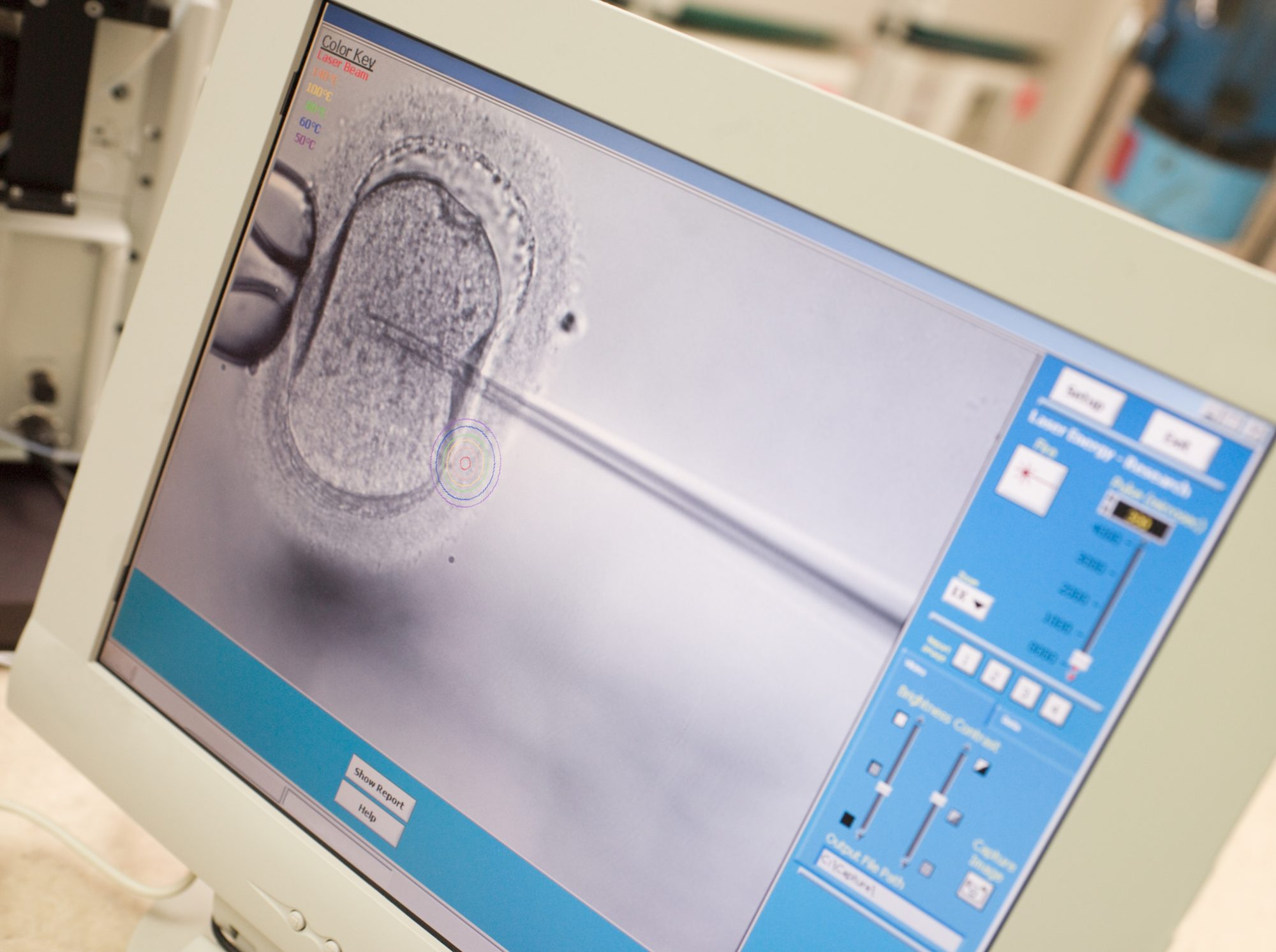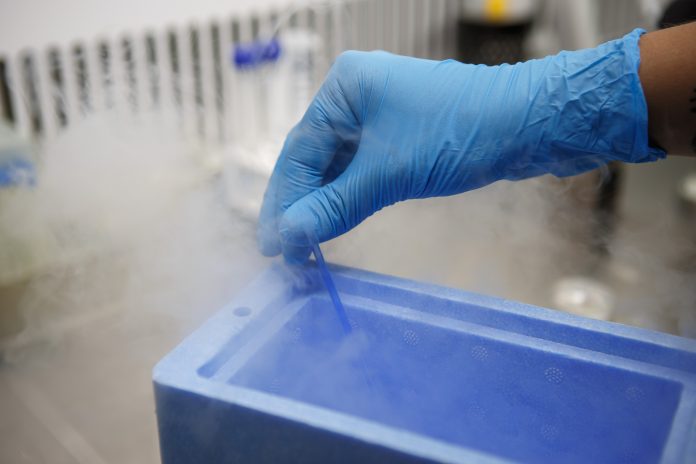Access to fertility freezing treatments is becoming more scarce, as UK policy guidelines on fertility preservation are rigorous and NHS funding is “variable”
Millions of people potentially face a postcode lottery to access treatments such as the freezing of reproductive tissue, eggs, sperm, or embryos.
Needing to meet NICE guidelines on fertility preservation, NHS patients can be denied fertility freezing treatments as they may not win the “postcode lottery” – depending on where some people live in the UK could mean they are denied an NHS treatment.
NHS fertility freezing treatments can fulfil a range of medical needs, including cancer and transgender issues, or becoming parents in the future – which are often not guaranteed as funding across the NHS is “variable”.
The postcode lottery was most apparent for transgender people trying to access fertility freezing treatments, and those with non-malignant diseases that can affect the ability to conceive – like recurrent endometriosis and autoimmune conditions.
The disparity in fertility preservation provision across the UK
Published in the journal Human Fertility, the authors analysed 155 fertility preservation policies in the UK between December 2020 and February 2021. All NHS health trusts and boards responsible for providing treatment in Scotland, Wales and Northern Ireland were included, and 129 (out of 135) CCGs in England.
Fertility freezing treatments procedures are where reproductive cells, gametes, are extracted and then frozen and stored to potentially give people the option of being able to reproduce in the future.
Analysing funding for all aspects of fertility preservation – including the type of cryopreservation procedure, number of ejaculation/ovarian stimulation cycles, number of years for storing gametes (eggs, sperm etc), and treatment to replace gametes – other eligibility criteria, like gender, age, and patient body mass index (BMI) were also taken in account.
In England, all CCGs that responded fund gamete and embryo freezing for cancer. Nine out of ten. At 89%, fund fertility preservation treatments for both cancer and non-malignant conditions, whereas only one in ten, 11%, fund fertility preservation treatments for cancer only. The majority of CCGs fund storage of gametes for a decade, a third have a 5-year limit.
As an important procedure for people who could want children in the future, ovarian tissue freezing is the only option for prepubescent girls to preserve their fertility in advance of chemotherapy, and for women who can’t delay cancer treatment.
However, data from this study demonstrates that fewer than one in ten, at 7%, of NHS commissioners in England fund this type of fertility preservation – as opposed to Scotland, where they all do.

Referrals have risen considerably for fertility preservation over the last few years
Apart of this postcode lottery, researchers found that only 42% of English-based clinical commissioning groups (CCGs) – who are responsible for assigning funding to the NHS health trusts – specify any provision for transgender patients.
Sania Latif, from the Reproductive Medicine Unit at University College London Hospital, said: “Our study highlights the disparity in fertility preservation provision across the UK.
“Variation in provision creates a lack of parity between patients and affects the holistic care of the pathology being treated. Notably, funding for those undergoing treatment for gender incongruence and ovarian tissue cryopreservation is inconsistent and needs to be addressed.
“This national audit serves as a tool for all stakeholders… to appeal to their local commissioners for uniformity of policy, equal access to care for patients and implementation of standardized fertility preservation provision in the UK.”
These restrictive policies also exist in Wales and Northern Ireland where policies do not specify funding for ovarian tissue freezing – yet in Scotland, the situation is by far the most inclusive according to the data.
In Scotland there is a national policy to provide funding for fertility freezing treatments, as well as freezing of all reproductive material including ovarian tissue, and for most patients. Storage of gametes is also funded for at least ten years.
Among the reasons for the significant differences in provision across the UK, authors suggest that one factor could be that fertility preservation is considered part of fertility treatment such as IVF, “which is notoriously underfunded”.
Additionally, some CCGs do not follow NICE (National Institute for Health and Care Excellence) guidelines for fertility preservation, meaning a standardisation of policies is needed.











